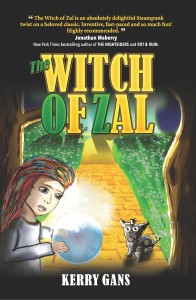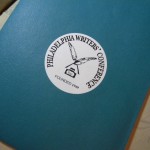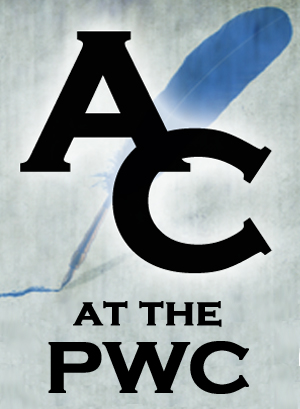I am in the process of gathering materials together to query my middle grade historical adventure The Curse of the Pharaoh’s Stone. I have a decent query, the manuscript is properly formatted, and I am working on the final piece—the dread synopsis.
The synopsis is notoriously difficult for most writers (there are some odd ducks that actually enjoy it!), and we procrastinate over it as long as possible. It is no wonder we find it hard. It’s a monumental task to take a 56,000 word novel and explain it in about 1,000 words—especially while attempting to infuse it with voice and emotion.
I took some advice from a few blogs on how to get started on the query. First, I wrote one sentence summarizing each chapter, then I turned that list into better-written paragraphs. Next, I polished it, choosing more powerful verbs, adding more emotional language. To my immense relief, the synopsis came in just at 3 double-spaced pages—my target length!
To double-check that I had not missed anything important, I used a technique taught by Kathryn Craft at a recent Philadelphia Writers Conference. By using her advice, I found that I had missed a structural element—the dark moment—and added it in. I also made sure I had enough emotional language and words that showed why this story is relevant to today’s audience.
So now I have a synopsis I am happy with. Yay! Next, however, I have to condense that to one single-spaced synopsis, and then even further to a paragraph. Can I do it? Can I synopsize my synopsis?
We will find out.
Do you have any tips for working on the dread synopsis (of any length)?




Filling the Writing Tank
Sometimes a writer’s life ends up with very little writing in it. This past week has been one of those weeks for me.
Sunday I dragged my stiff-muscled self out if bed and the family headed to a local farm for their Strawberry Festival. More sun, a hayride, animals, and, of course, strawberries.
Most of Monday was eaten up catching up on PTA Treasurer work, which leaked into Tuesday. Tuesday also found me frantically reading and assembling my weekly post Top Picks Thursday, which isn’t due until Wednesday night, but…
On Wednesday my daughter’s class trekked to the Academy of Natural Sciences for their field trip. The kids had fun, no one got injured or lost, and only one instance of tears. I rule the day a success!
And so here we are, Thursday, and I have no deep and meaningful insights into writing to share, as I have been doing everything but writing this week. Still, they say you can’t write if you don’t live, so I suppose this week was about filling the writing tank.
On Friday I head out to the Philadelphia Writers Conference, so I will get the tank further filled by hanging out with fellow authors. Look for nightly updates on the Conference over on the Author Chronicles blog.
How do you fill your writing tank? However you do it, go and fill it up—and then get writing!